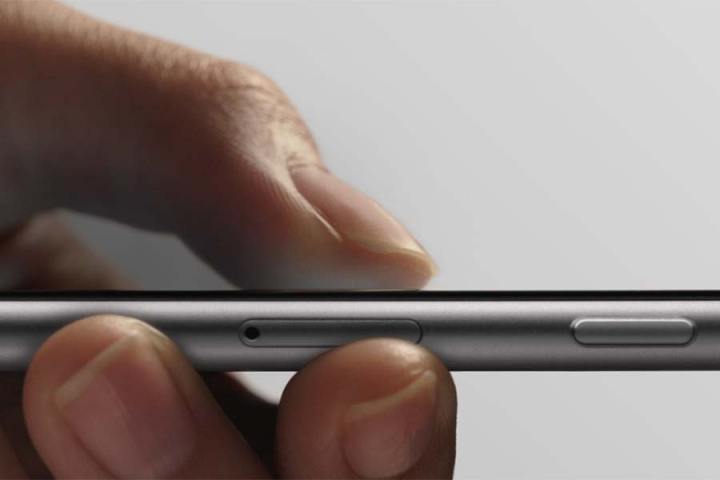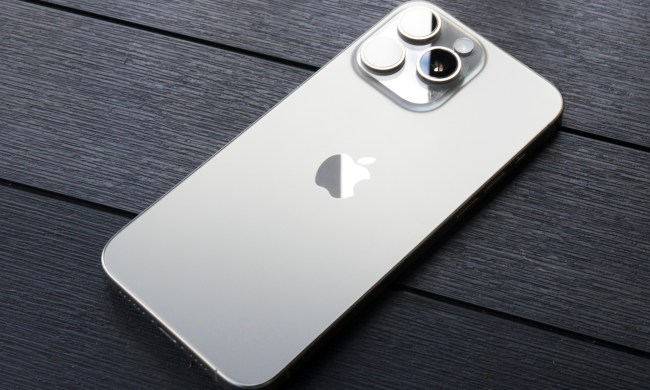
At first blush, this latest proposed plan seems to stand in stark opposition to Apple’s security regulations. In September of 2013, when the one-touch verification tech was first rolled out, Apple insisted that an individual’s fingerprint would never be stored. Rather, the company said, Touch ID would simply generate a “mathematical representation” of the most important ridges and indentations. And even this information would only be stored locally on the iPhone.
Their current security policy, which was last modified on November 2 of this year, reads, “The Secure Enclave is walled off from the rest of the chip and the rest of iOS. Therefore, iOS and other apps never access your fingerprint data, it’s never stored on Apple servers, and it’s never backed up to iCloud or anywhere else.”
But with a new patent on the horizon, could it be time for Apple to renege on previous promises?
Maybe not. As Slashgear points out, the patent doesn’t suggest that Apple would be storing images of your fingerprint. Rather, they’d just be holding onto “biometric data.” And if that still doesn’t put your mind at ease, the patent notes, “in some implementations, the first processor may encrypt the enrollment data and/or account data using an encryption algorithm prior to uploading, if desired, as will be appreciated by those skilled in the art.” All this is to say, you’d have to log in with your unique Apple ID before even being able to access this biometric data.
So don’t worry — you won’t be downloading fingerprints willy nilly anytime soon. At least, not by way of Apple.


